Mathematical thinking Worksheets for Kids
7 filtered results
-
From - To
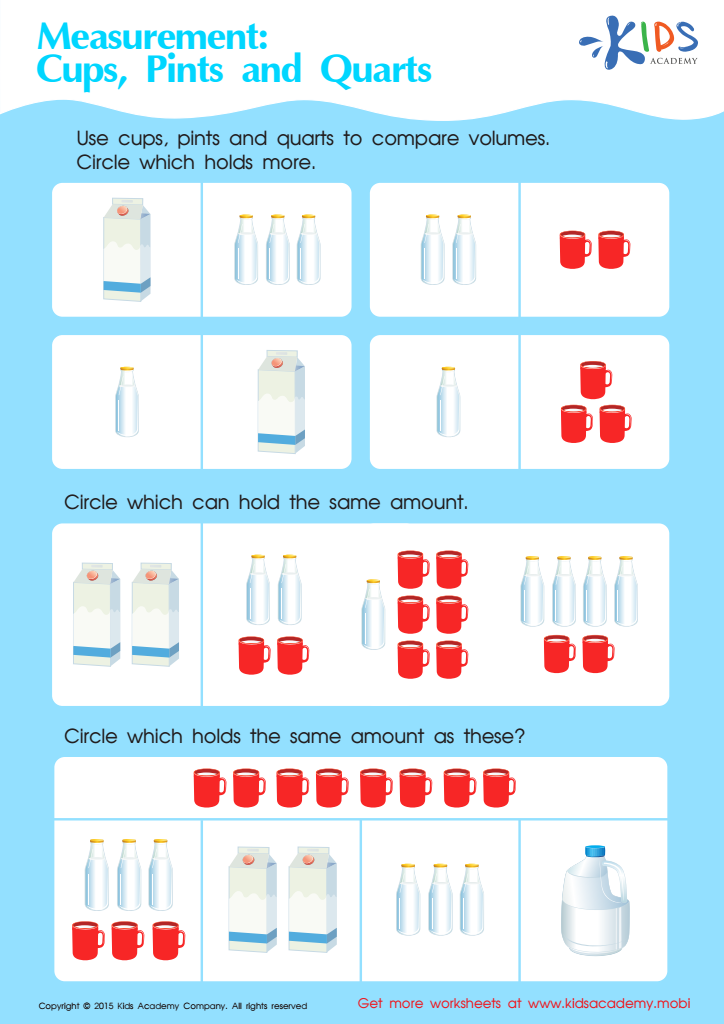

Measurement: Compare Volumes Worksheet
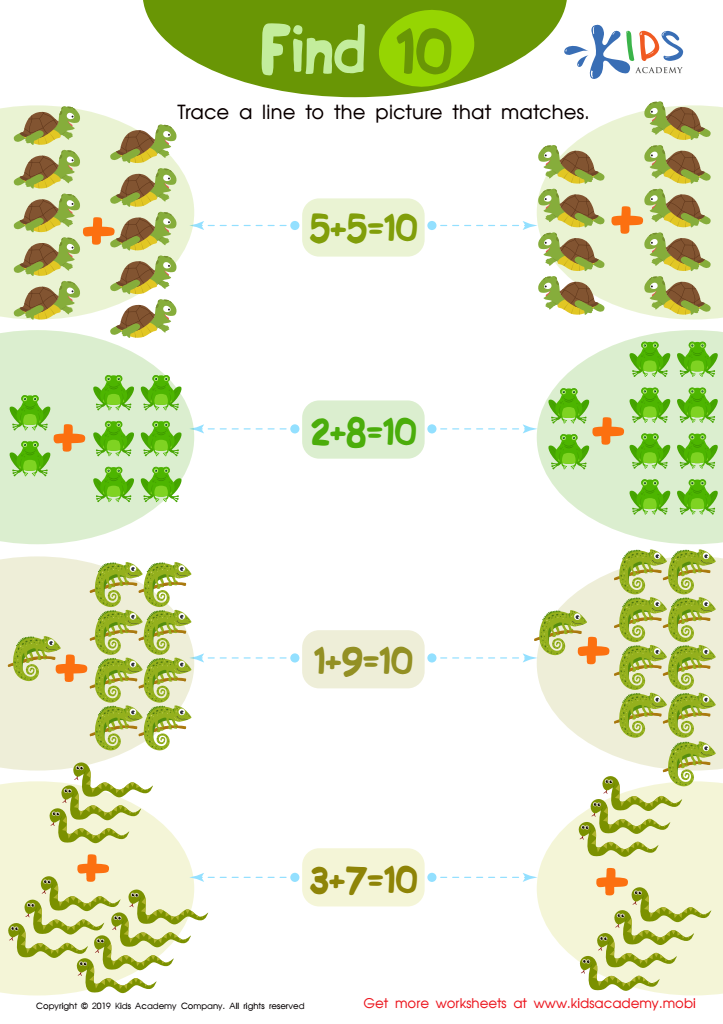

Find 10 Worksheet
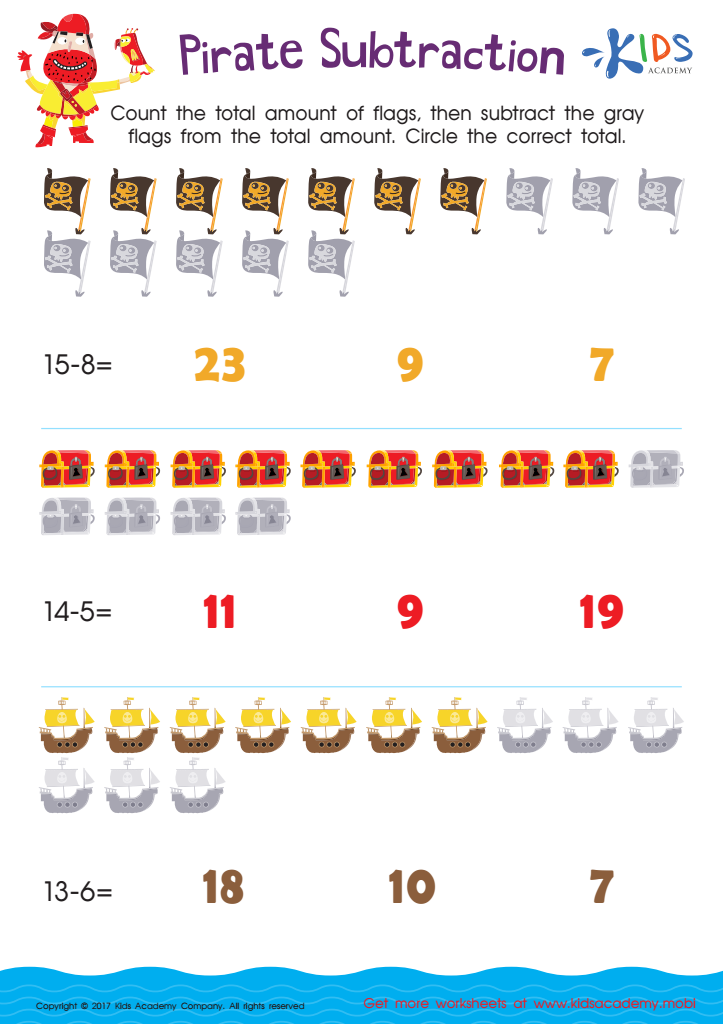

Pirate Subtraction Substraction Worksheet
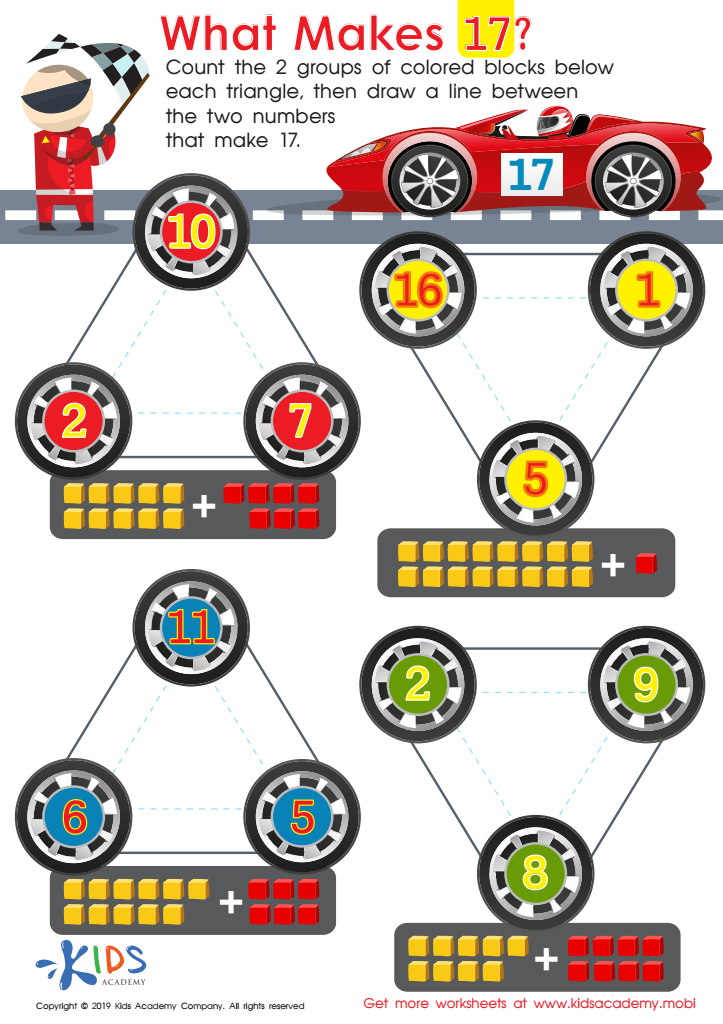

What Makes 17 Worksheet
Question/Answer
How to test a Kindergarten student’s Mathematical thinking skills?
To test a Kindergarten student's mathematical thinking skills, utilize engaging, age-appropriate tasks that involve counting, pattern recognition, simple addition and subtraction, and comparing quantities. Use manipulatives, visual aids, and real-life scenarios to gauge their understanding of concepts, problem-solving strategies, and their ability to communicate mathematical ideas verbally or through simple representations.
What does the Mathematical thinking skill mean when it comes to Kindergarten Addition & Subtraction learning?
Mathematical thinking in the context of Kindergarten Addition & Subtraction involves understanding the concepts of adding and subtracting numbers, recognizing number patterns, and applying these concepts to solve problems. It emphasizes the development of logical reasoning, problem-solving skills, and the ability to represent and manipulate objects or quantities in a structured way to facilitate learning these operations.
Why is the Mathematical thinking skill important for Kindergarten students?
Mathematical thinking skill is crucial for Kindergarten students as it lays the foundation for critical thinking and problem-solving abilities. It helps them understand and organize their world through numbers and patterns, fostering early analytical skills. Engaging in mathematical thinking from a young age supports cognitive development, enhances memory, and prepares students for future academic success in mathematics and other disciplines.

 Assign to the classroom
Assign to the classroom
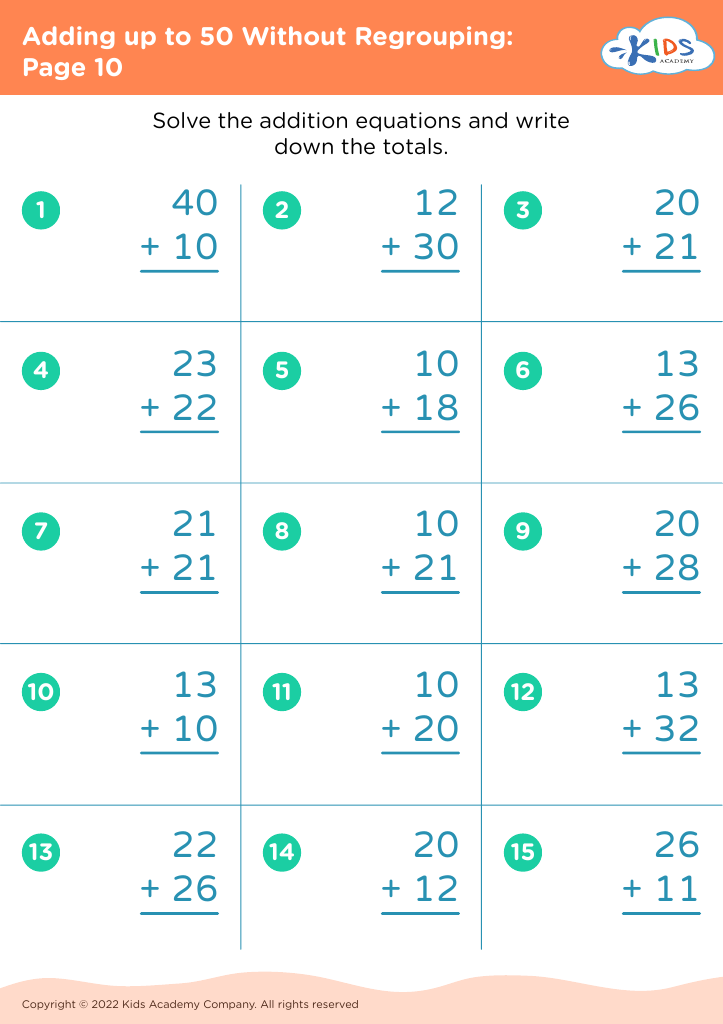
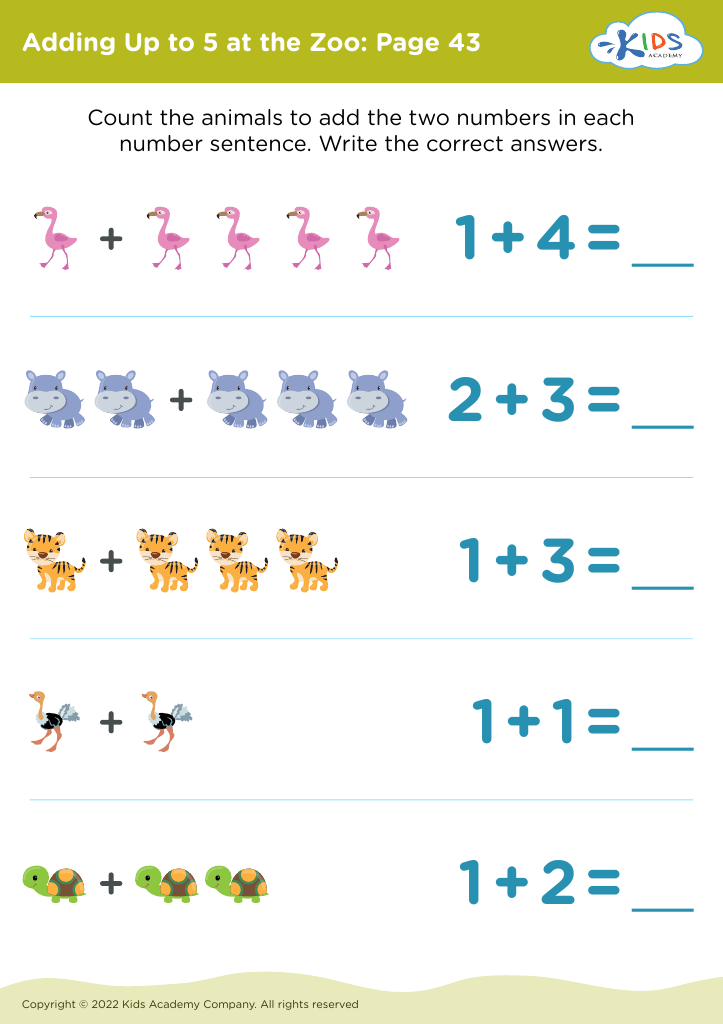



.jpg)









